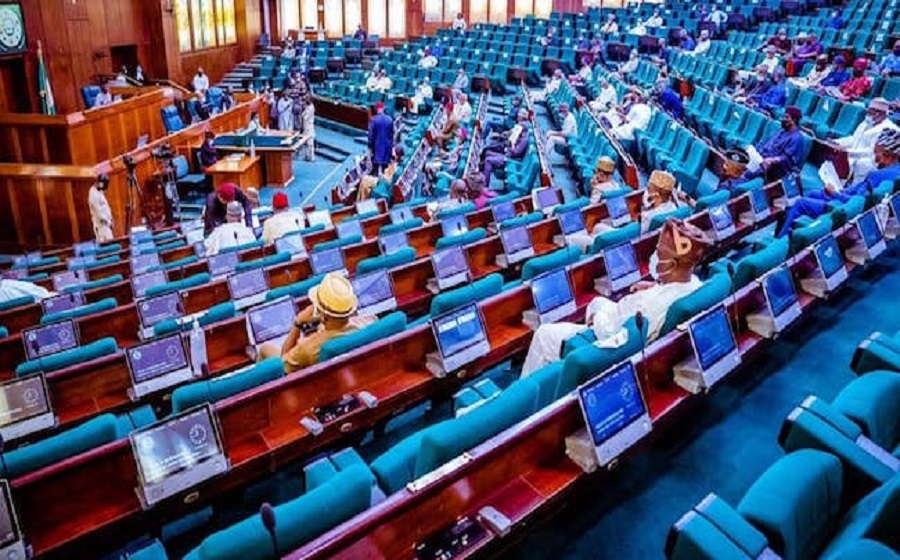Two bills were presented and passed for second reading by Nigeria’s House of Representatives during plenary on Tuesday.
One of the bills titled; ‘National Religious Harmony Commission (Establishment) Bill’ was sponsored by the Speaker, Femi Gbajabiamila and Hassan Fulata
The Bill seeks to provide a statutory framework for the protection of fundamental human rights of Nigerians as it relates to matters of religious freedom and liberty.
The National Religious Harmony Commission would be empowered to investigate cases of religious discrimination, victimisation and harassment in all facets of Nigeria and prosecute offenders.
It would also Monitor incidents of religious extremism, including hate speech and other actions and utterances intended to incite violent passions and prosecute
The bill when passed would;
- Provide an early warning system for government and law enforcement to detect and prevent actions liable to incite religious violence and breakdown in law and order
- Conduct research and advise the government and National Assembly on remedial measures to prevent religious extremism and the dangers that flow therefrom.
The Bill passed second reading and was reassigned to Committee of the Whole for accelerated action.
Similarly, the Employees (Unpaid Wages Prohibition) Bill, 2019, sponsored by Femi Gbajabiamila was also presented.
The objectives of the Bill is to ensure the timely remuneration of employees, whether in the public or private sector
It is also to prohibit the withholding of payment due to employees by employers in the guise of using same to cover the cost of employee negligence – (such ought rightly to be covered by insurance).
It will require transparency of contract between employers and employees as well as prescribe penalties against employers for violations of the provisions of this Bill
The bill is to provide compensation for employees and improve the general welfare conditions of employment for labour in Nigeria.
VON



